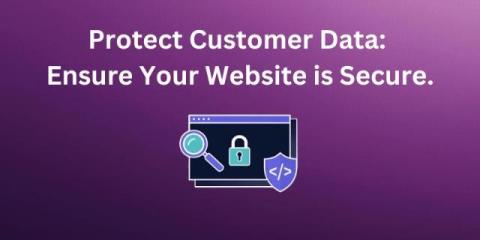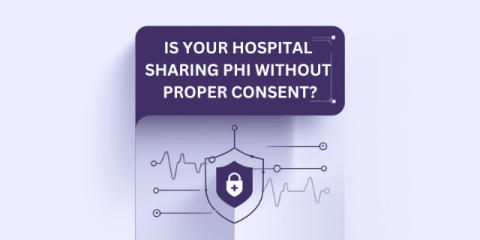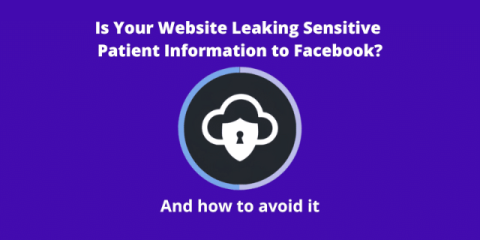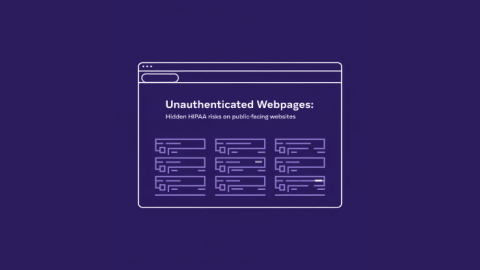Navigating the Pixel Minefield: Web Pixel Privacy Risks and Mitigation Strategies
Web Pixel Privacy Risks and Mitigation Strategies are crucial topics for businesses today. In the previous posts, we explored the world of web pixels, uncovering potential privacy risks and highlighting the importance of a thorough audit. Now, let’s shift our focus to actionable strategies for mitigating these risks and ensuring your web pixel usage is both effective and ethical.





